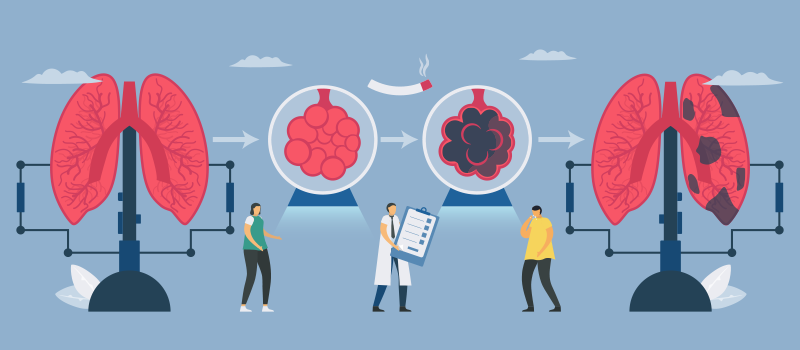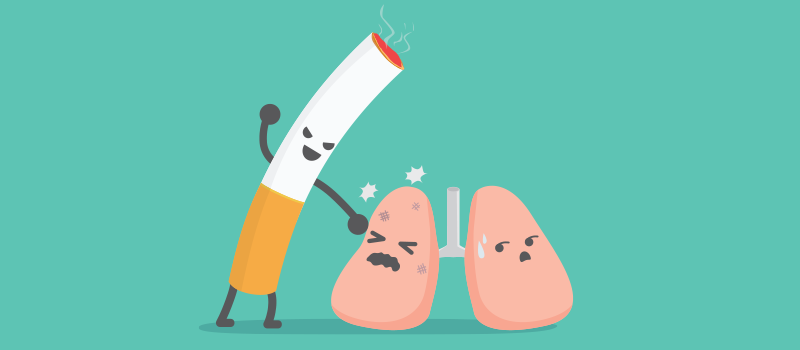Best Medicine to Treat Whooping Cough

Whooping cough (pertussis) is a respiratory infection characterized by violent coughing spells. This bacterial infection can affect people of all ages but can be particularly serious for children and infants. Please continue reading to learn more about the treatments for whooping cough as well as some tips on whooping cough prevention.
What causes whooping cough?
A bacteria called Bordetella pertussis causes whooping cough; this bacteria stays in the nose and mouth secretions of the infected person. The infection spreads from person to person through respiratory droplets released into the air when an infected person coughs or sneezes; infection happens when people are in close proximity and happen to breathe in these germ-containing droplets. Whooping cough can also spread by touching contaminated objects such as door knobs and faucets and then touching your nose or mouth.
This highly contagious respiratory disease causes severe hacking cough, then you would hungrily grasp for air after a violent coughing fit. The air intake after the coughing fit has a sound that is sharp, loud, and sounds like a high-pitched “whooping” noise. That is how whooping cough has earned its name.
How long is whooping cough contagious?
Whooping cough can be passed to other people as soon as the infected individual develops cold-like symptoms, and the infected person can pass on this disease up to 3 weeks after the cough starts. Keep in mind that whooping cough is the most contagious in the early stages of the disease course, which is around the first 2 weeks after they start experiencing symptoms.
If the infected person is treated appropriately with antibiotics, they will stop spreading this bacteria after 5 full days of treatment.
What are whooping cough symptoms?
Whooping cough usually starts with cold-like symptoms, such as a runny nose, low-grade fever, and occasional mild coughing; this phase can last for one to two weeks.
Severe coughing develops if the whooping cough gets worse. The disease gets its name from the high-pitched whooping sounds you make when you start coughing. After the first one to two weeks, symptoms of whooping cough may include these persistent, violent coughing fits, which lead to exhaustion from non-stopped coughing. Vomiting, low-grade fever, and dehydration are other symptoms during this phase. These violent coughing spells can last up to 10 weeks.
Babies with whooping cough may have no cough or minimal cough. However, they can develop apnea which is a pause in breathing. If you notice your baby turning blue, get emergency medical help.
Can whooping cough be treated at home?
Whooping cough can be treated at home in most older children and adults. However, about half of all infants younger than 1 year need medical care in the hospital for whooping cough. The Centers for Disease Control and Prevention (CDC) says that early treatment can help reduce the severity of symptoms, so it’s important to seek timely whooping cough treatment.
Risk factors for severe whooping cough include age and pregnancy. Infants under 1 month of age (since they haven’t completed the full course of vaccinations) and pregnant women, especially those in the third trimester, are at risk of severe or complicated disease. If you suspect whooping cough, don’t delay seeking care from a healthcare provider for proper diagnosis and treatment. Adults and teenagers whose immunity has waned can also be affected by whooping cough as their immunity has waned.
How do healthcare providers diagnose whooping cough?
Healthcare providers diagnose whooping cough by performing a physical exam and collecting a nose or throat culture by swabbing your nasopharynx, where the nose and throat meet. These nose and throat cultures will be growing Bordetella pertussis in 24 to 48 hours if the person is infected with whooping cough. Other tests your provider may order include a chest x-ray to check for pneumonia and blood tests to check the levels of white blood counts.
What antibiotic kills whooping cough?
Since whooping cough is a bacterial infection, treatment for whooping cough with antibiotics is the first-line approach, as long as it’s the right choice of antibiotic. The recommended antimicrobial agents for whooping cough are macrolide antibiotics (for example, azithromycin, clarithromycin, erythromycin). Other antibiotics, such as sulfamethoxazole-trimethoprim, are also used.
Importantly, antibiotics only work if they are started within 3 weeks of developing symptoms.
Note: Macrolide antibiotics such as oral azithromycin and erythromycin are linked to a serious complication called infantile hypertrophic pyloric stenosis (IHPS) in infants younger than 1 month. However, because the benefits of using azithromycin for the treatment or prophylaxis of pertussis outweigh the potential risk of IHPS, azithromycin remains the drug of choice for these indications.
Doctors may prescribe antibiotics to family members and other close contacts of a person with whooping cough to prevent or lessen the symptoms.
Does whooping cough go away without antibiotics?
The bacteria that cause whooping cough die naturally after a person has been coughing for about 3 weeks. If antibiotics are not started in the early stages (within this timeframe), they are no longer helpful. However, as mentioned above, early treatment with antibiotics can control the severity of the symptoms.
How to manage whooping cough at home?
- Take antibiotics as prescribed by your doctor.
- Do not take cough medicine unless your doctor says so because it may not help. It’s important to check with your child’s doctor before giving them cough medicine.
- Keep the air in your home free of irritants such as chemical fumes, dust, and smoke which can trigger coughing fits.
- Drink plenty of water to prevent dehydration. Call your doctor if you develop signs and symptoms of dehydration, such as dry lips, sticky mouth, sleepiness, increased thirst, decreased urination, dizziness, lightheadedness, headache, and fatigue. You may need treatment in the hospital with intravenous fluids.
- Use a cool mist vaporizer to moisten and soothe your breathing passages.
- Eat small and frequent meals throughout the day. This can help prevent vomiting.
How to prevent whooping cough?
The best way to prevent whooping cough is to get vaccinated. Both the DTaP and Tdap vaccines protect against whooping cough. They also provide protection against two other infections, diphtheria and tetanus. Other precautions you can take to lower your risk of getting whooping cough include:
- Wash your hands with soap and water or use an alcohol-based hand sanitizer.
- Avoid touching your mouth and nose with unclean hands.
- Disinfect frequently touched surfaces, such as door handles and toys.
- Cover your nose and mouth with a tissue when you cough and sneeze.
- Stay home when you are sick.
- Avoid contact with other people who are sick.
References:












SOCIAL